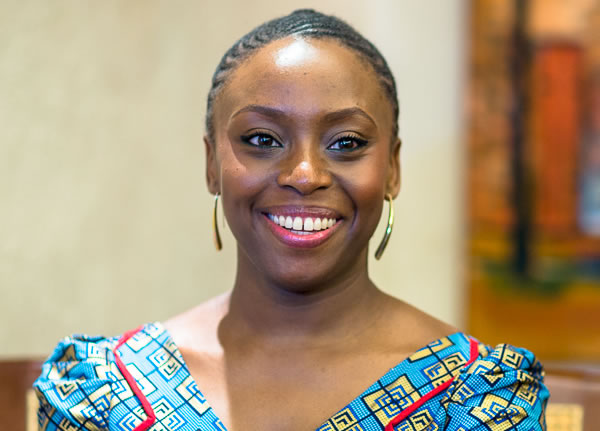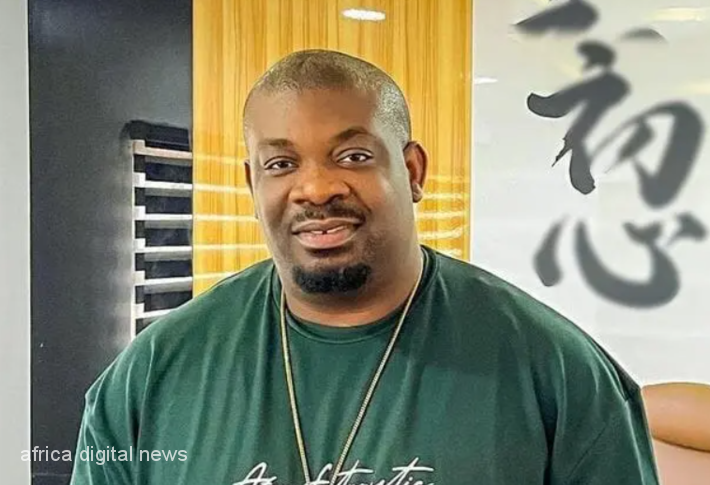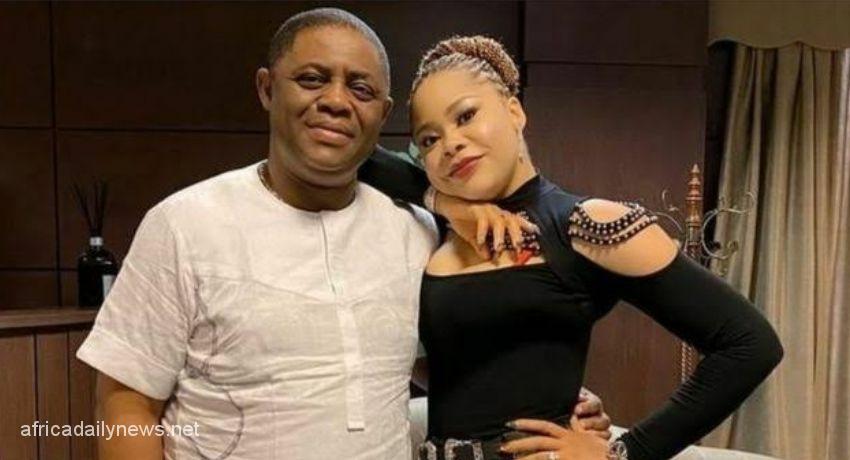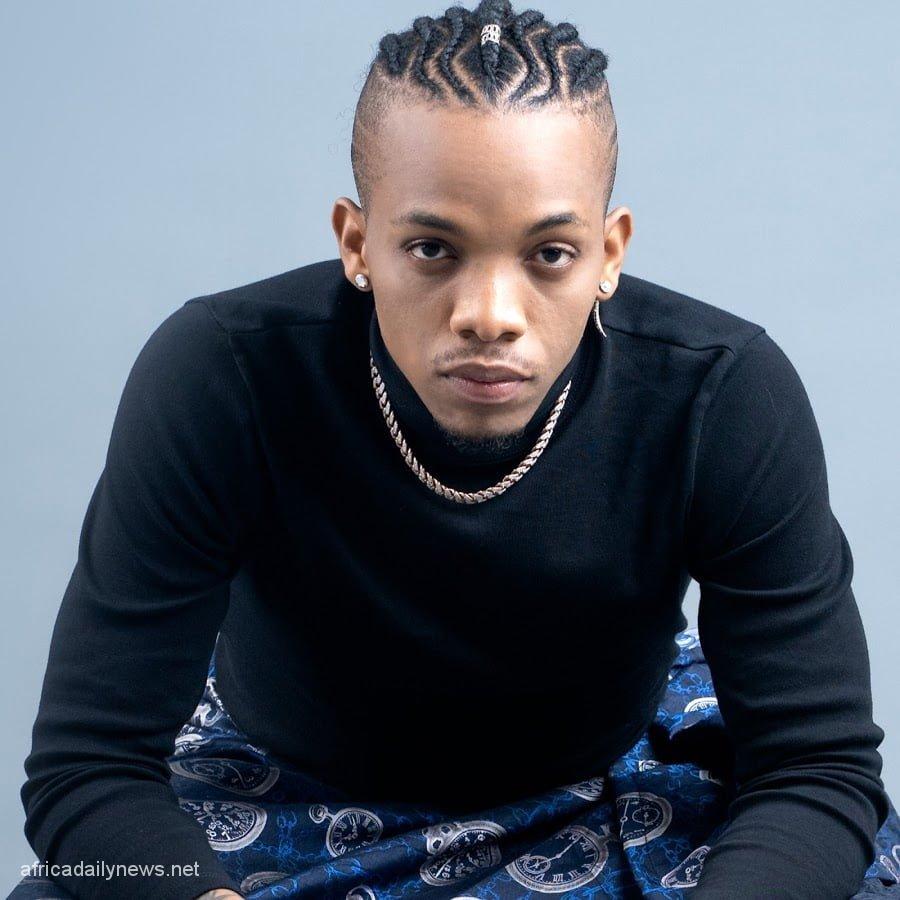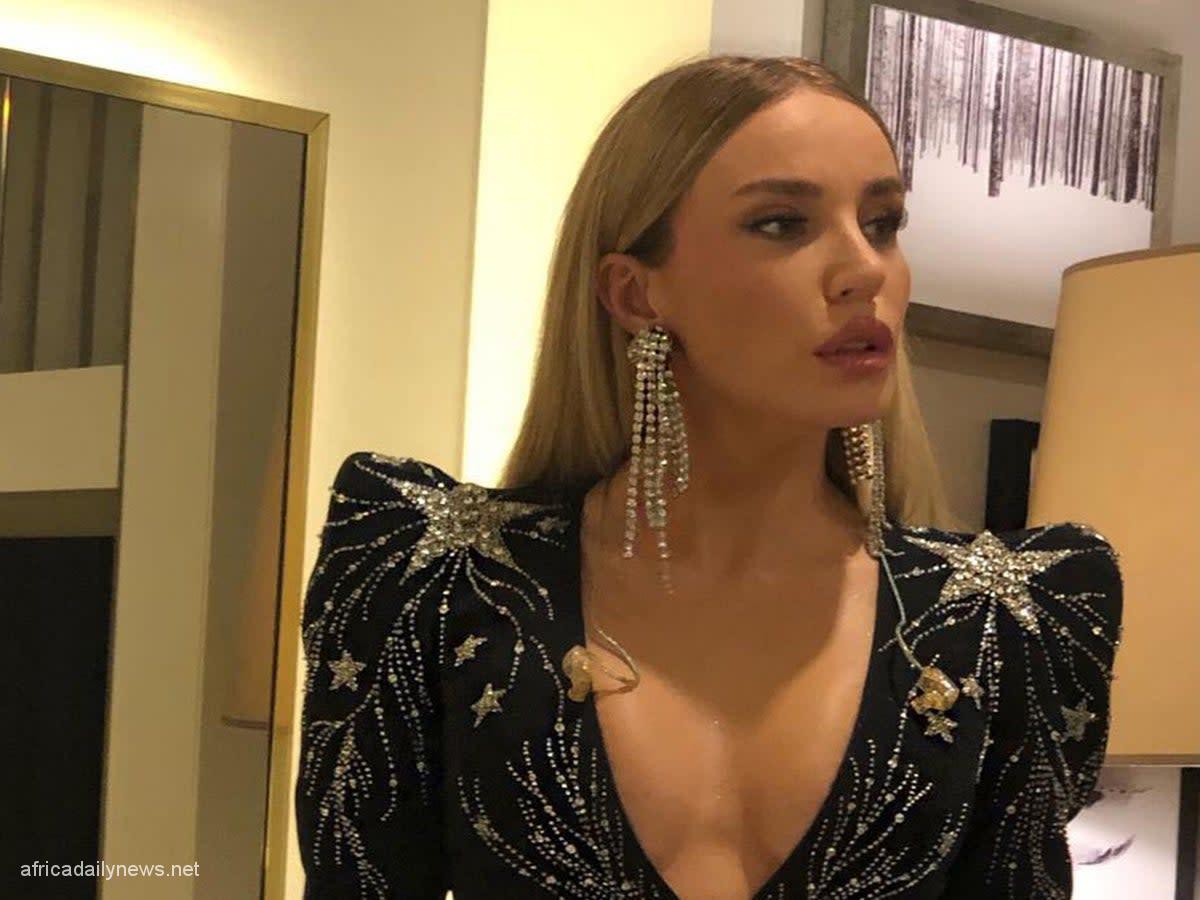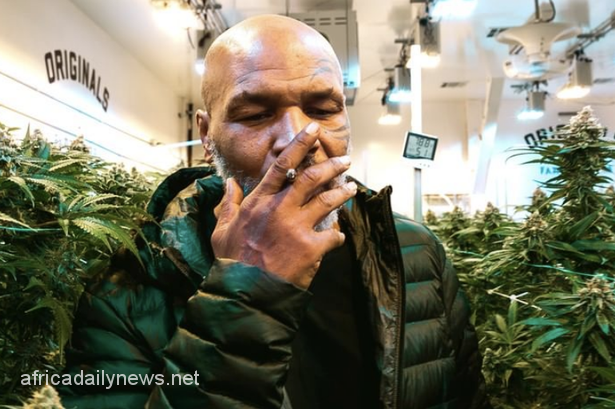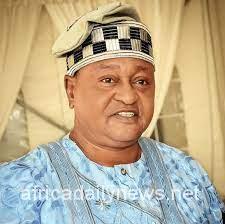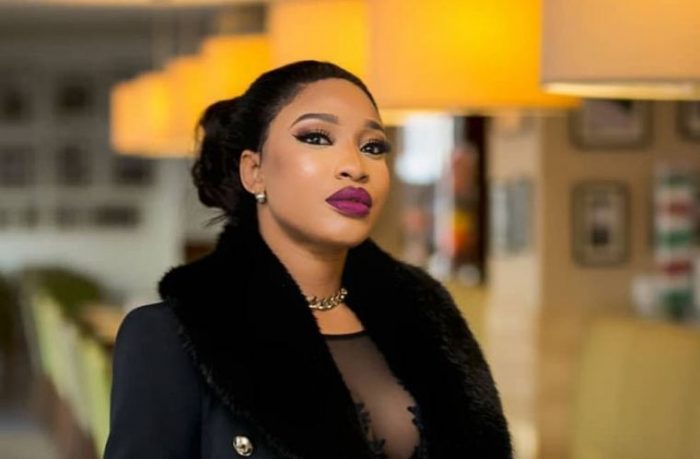Writing
On researching and writing on the Biafran war
Both my grandfathers died in refugee camps in Biafra. My parents lost almost everything they owned. After the war ended, my parents were driving back to Nsukka to try and pick up the pieces of their lives in the university when Nigerian soldiers stopped them.
The soldiers noticed that my father was wearing glasses and they slapped him and made him carry cement blocks, to humiliate him because they said the educated Biafrans were the so-called rebel leaders.
The war was about big losses and deprivations but also about small humiliations like that slap. While researching my novel, I had all of these in mind. I knew I was dealing with real things that had real consequences on people’s lives.
I read every book published about Biafra. I looked at newspaper cuttings and video clips in library archives. I listened to old radio broadcasts. I interviewed many people. And very often, in the process of writing, I stopped to cry. It was deeply emotional. I felt the presence of my grandfathers as I wrote. I also often felt pride at what ordinary Biafrans were able to achieve – local refining of crude oil, local manufacturing, a sense of community.
Sometimes, looking at something in a library archive, I would feel a heavy sadness and sometimes just give myself time to cry. I am still heartbroken that the injustices have not fully been addressed – there are buildings today in Port Harcourt that were labeled abandoned property and forcefully taken away from Igbo owners. Very wealthy Igbo people were given only fifty pounds at the end of the war because Biafran currency was no longer valid.
Igbo people were unable to benefit from many of the indigenization policies of the government. Igbo people are not the only ones who have suffered in Nigeria, many other ethnic groups have suffered at the hands of the Nigerian state, but it is important to acknowledge past injustice and how it still shapes Nigeria today.
On Connection With Characters
I feel a strong connection to Aunty Ifeoma in PURPLE HIBISCUS because she is in many ways my ideal woman. I admire Kainene in HALF OF A YELLOW SUN because she is mysterious and dares to live her life outside the constraints of convention. And I love Obinze in AMERICANAH: a thoughtful kind funny sexy man and a lover of books.

Chimamanda Ngozi Adichie. Photo credit: Chimamanda Ngozi Adichie
Ifemelu she decided that it took too much of an effort to speak in a way that didn’t come naturally to her.
That said, many people take on American accents in the US as a means of survival, so it’s too easy to criticise them.
When you live in a country that is often hostile or condescending to foreignness, you just want to adapt and survive and sometimes taking on the accent is one way to do that.
Influence
Being one of the most celebrated African writers in the last decade has given Adichie a platform with global acclaim. Her writings are not only topical, they also help put aspect of Nigerian history in proper perspective.
Interest In Politics
I believe in ‘never say never’ but this is one place where I think I can say ‘never.’ It is important to get involved in politics because we cannot complain endlessly and not get involved but I think there are many others in my generation who will be better at politics that I would be. I am a storyteller, a writer, a thinker.
I would make a bad politician because I am not very good at compromising on things I don’t believe in, and the reality of leadership is that you have to necessarily compromise on things you might not fully agree with. I would, however, be happy to be an advisor to a candidate whose vision I believe in.
Location’s influence
I was born and raised in Nigeria. I now live partly in Lagos and partly in the US. I have always spoken my mind. As a child, I was known for speaking my mind. There are women in Nigeria today who are strong and speak their minds.
It has nothing to do with where you live. It is a question of what you are willing to forfeit. Following convention and silencing yourself and doing only what people expect of you and not what you want to do can win you praise but at what emotional cost?
THE GUARDIAN

